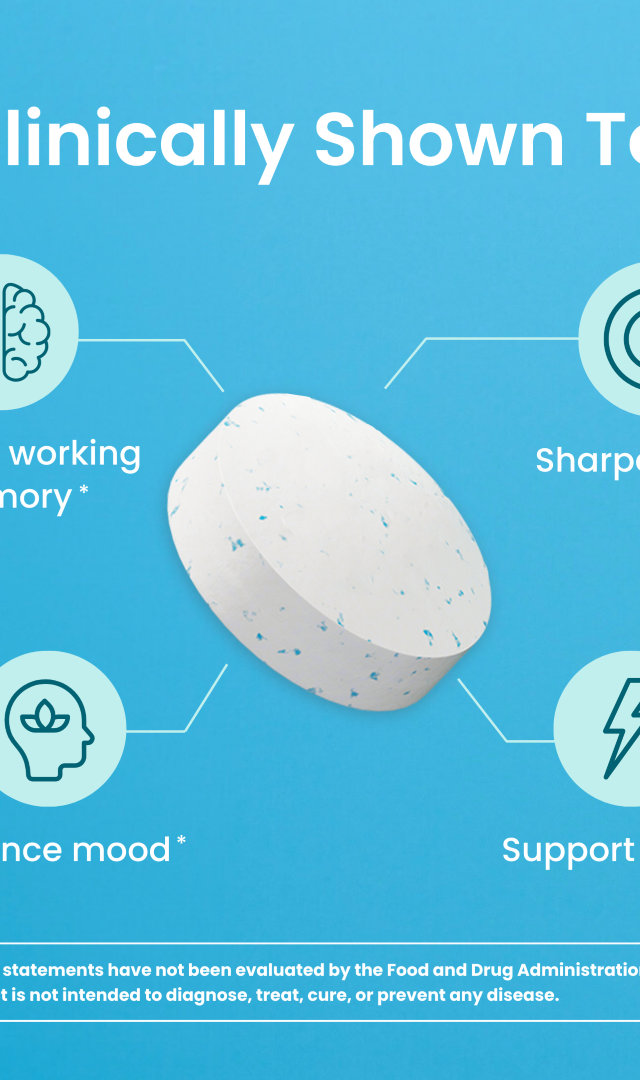Think of your brain as a high-performance sports car. Just like you wouldn't put just any type of fuel in it, you wouldn't want to take just any kind of cognitive enhancer. But with so many options available, it can be difficult to determine which route to take - the organic, natural nootropics, or the chemical synthetic ones. In this article, we'll take a deep dive into the key differences of these two types of nootropics, helping you make the best choice for your unique mind-machine.
Natural Nootropics
One of the key benefits of natural nootropics is that they are generally considered safe and have minimal side effects, as they come from natural sources. Additionally, they are easily accessible and can be found in the form of supplements, teas, or extracts. However, it is important to note that natural nootropics may not be as potent as synthetic ones, and the effectiveness of each can vary greatly depending on the individual. These kind of nootropics can be a great option for individuals looking for a safe and natural way to enhance cognitive function. However, as with any supplement, it is important to be informed and make a decision that is best for your individual needs.
Synthetic Nootropics
Synthetic nootropics, on the other hand, are substances that enhance cognitive function and memory and are chemically manufactured in a laboratory. These are designed to be more potent and provide a more immediate boost to cognitive function. Some of the most well-known synthetic nootropics include piracetam, modafinil, and adrafinil.
One of the key benefits of synthetic nootropics is their potency and fast-acting nature. These substances can provide a quick boost to cognitive function and are often used by individuals who need to improve focus and productivity. However, it is important to note that synthetic nootropics can also have stronger side effects, such as headaches, nausea, and jitteriness. It is also important to consult with a healthcare professional and conduct thorough research before starting any new supplement regimen.
Conclusion
In short, natural and synthetic nootropics are two types of substances that are claimed to enhance cognitive function. Natural nootropics are derived from natural sources and are generally considered to be safer, but may not be as effective as synthetic nootropics. Synthetic nootropics are more potent, but also come with a higher risk of side effects and may be illegal to use without a prescription.
The choice between natural and synthetic nootropics ultimately depends on individual needs and preferences. Those who are looking for a quick and potent boost to cognitive function may prefer synthetic nootropics, while those who prefer a safer and more gradual improvement may choose natural nootropics. It is important to consult with a healthcare professional and conduct thorough research before starting any new supplement regimen. We invite you to start your research by reading our article about some benefits of nootropic supplements or about the ways to incorporate nootropics into your daily routine in an effective ad safe way!
About the Author

Kent Yoshimura is co-founder & CEO of Neuro, a gum and mint company that enhances your health and wellness in the most convenient, affordable, and portable way possible.
His fascination with the human brain and optimizing performance led him to get a bachelor’s degree in neuroscience at the University of California, San Diego, and after college, continued his career as a multimedia creative, filmmaker and athlete, having trained in Judo with the Japanese Olympic Judo Team and in Muay Thai at Sityodtong in Thailand.
Find him on Instagram here:
@kentaro






















